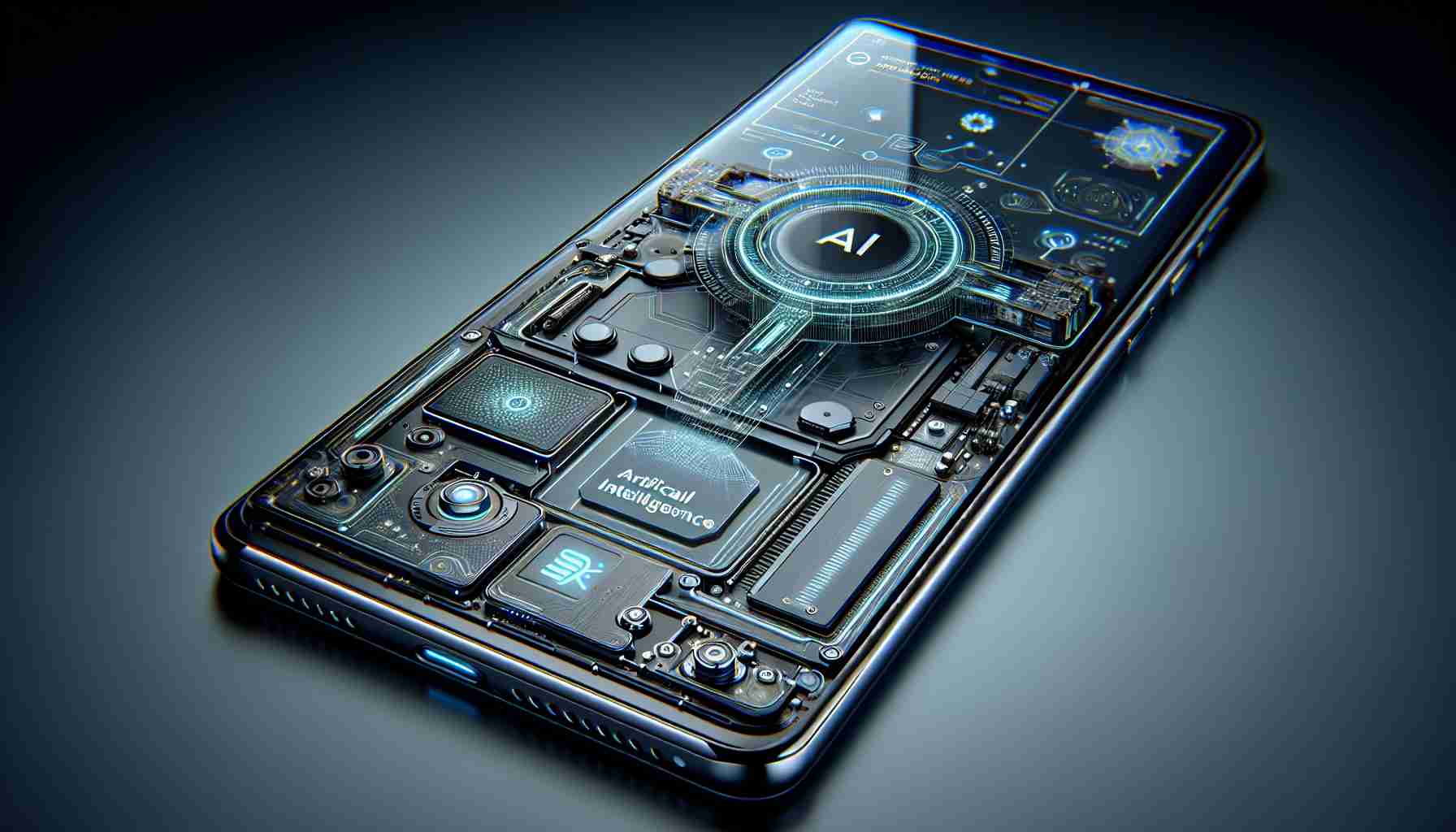Samsung has reportedly set sights on harnessing the advanced artificial intelligence prowess of Google’s upcoming Gemini Nano 2 for its future flagship smartphone, the Galaxy S25. The current buzz emanating from industry insiders points towards a significant AI upgrade over this year’s models, which have already impressed with features like Live Translate.
Cho Cheol-min, a leading Samsung executive, hinted at this technological leap while speaking at the Artificial Intelligence Semiconductor Forum, raising expectations for what the next generation of Samsung Galaxy phones might be capable of.
Gemini Nano technology, Google’s flagship AI model, has powered the S24 Series, allowing for a range of intelligent features. The anticipation for Gemini Nano 2 is high, as it represents an evolutionary step in Google’s AI development, promising even more refined capabilities, despite no official word from Google just yet.
The launch of the S25 series could coincide with the introduction of Gemini Nano 2, potentially giving Samsung an edge in the Android ecosystem, which is in constant competition with Apple’s products.
Additional insights from the forum revealed that Samsung is considering doubling the team behind its Exynos AI department, pointing towards a future where Samsung may lean more on its proprietary technology rather than relying on Qualcomm’s Snapdragon System on Chip (SoC) for AI applications.
As the AI landscape in smartphones continues to evolve, Samsung’s move to integrate Gemini Nano 2 in the Galaxy S25 illustrates the brand’s commitment to staying at the forefront of innovation. Consumers fascinated by the interplay of AI and mobile technology should keep an eye on Samsung’s progress as well as Google’s announcements regarding their next-gen AI tech.
One of the most important questions regarding the integration of next-gen artificial intelligence in smartphones is, “How will the next-gen AI technology enhance the overall user experience in the Samsung Galaxy S25?” Advanced AI capabilities can lead to improved performance, enhanced photography with better image recognition, and more personalized user experiences. For instance, AI can optimize battery life by learning the user’s habits, provide real-time language translation without the need for an internet connection, and improve the responsiveness of virtual assistants.
A key challenge associated with integrating advanced AI technology like Google’s Gemini Nano 2 into smartphones is ensuring user privacy and security. As AI becomes more sophisticated, it handles increasing amounts of personal data, which can include sensitive information. Therefore, maintaining robust security measures to protect against data breaches and unauthorized access is crucial.
One controversy that could arise from applying next-gen AI technology in smartphones is the potential impact on job markets. As AI becomes more capable, concerns about it replacing human labor in certain industries could intensify. Additionally, the increasing reliance on AI in everyday devices also stirs debates about the consequences of potential biases in AI algorithms and decision-making.
There are several advantages to integrating next-gen AI technology into smartphones:
– Improved efficiency: AI can automate tasks and processes, making the smartphone more responsive and saving valuable time for the user.
– Advanced features: Capabilities such as better voice recognition, predictive text, and enhanced photography become possible with the help of AI.
– Personalization: AI can learn and adapt to a user’s preferences, offering a customized experience.
Conversely, some disadvantages to consider might include:
– Increased cost: Implementing cutting-edge technology can result in higher prices for the end consumers.
– Complexity and repairability: More sophisticated technology can make repairs more difficult and expensive.
– Dependence on AI: There’s the potential risk of users becoming overly reliant on AI, which could impact their decision-making and problem-solving skills.
For those interested in following developments in Samsung’s technology and products, the main domain link to Samsung’s official website would be Samsung. To follow Google’s advancements in AI technology, you can visit Google. Please note that information about specific AI technologies, such as the Gemini Nano 2, would need to be sought in the news or announcements sections of these domains as the advancements are revealed.
The source of the article is from the blog mendozaextremo.com.ar
